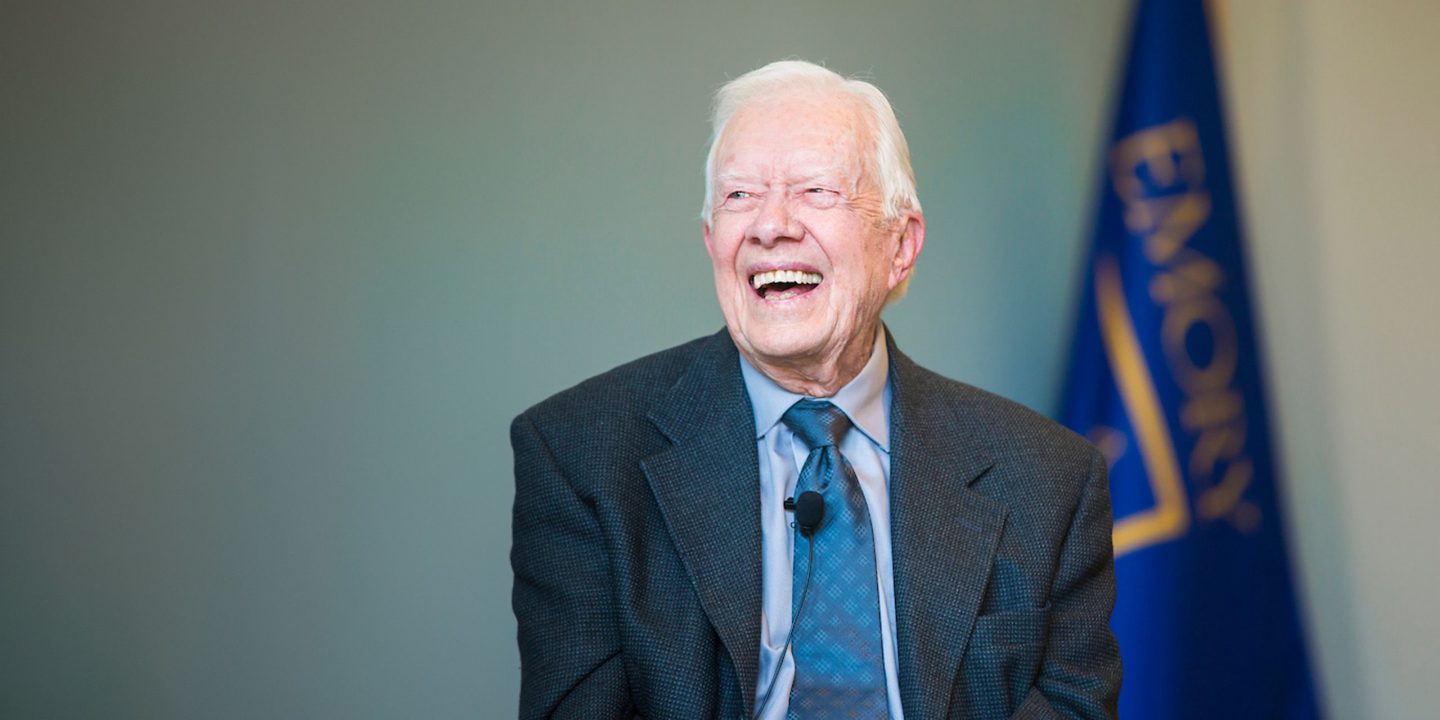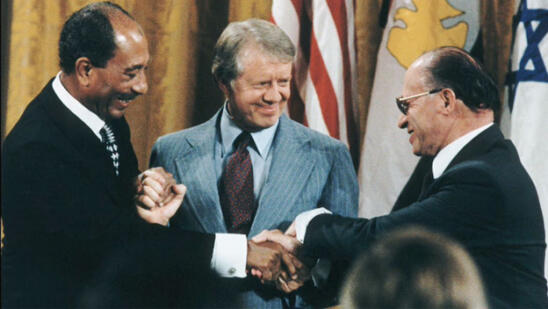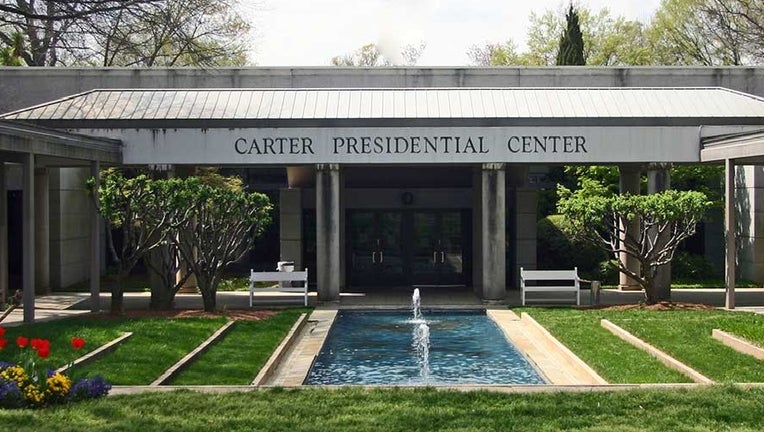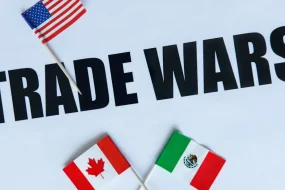
Jimmy Carter, the 39th President of the United States, served from 1977 to 1981. His presidency had many challenges, including economic turmoil and international crises. However, his achievements, both during and after his time in office, have garnered increasing recognition over the years. This blog explores Carter’s key accomplishments during his presidency and the impactful work he has done post-presidency.
1. Achievements During His Presidency
Camp David Accords
One of Carter’s most notable achievements was brokering the Camp David Accords in 1978. This led to a peace treaty between Israel and Egypt. This landmark agreement was a significant step toward peace in the Middle East and showcased Carter’s commitment to diplomacy.

Human Rights Advocacy
Carter made human rights a cornerstone of his foreign policy, promoting the protection of human rights globally. His administration’s focus on this issue helped to shift U.S. foreign policy and laid the groundwork for future human rights initiatives.

Energy Policy
In response to the energy crisis of the late 1970s, Carter implemented a national energy policy aimed at reducing dependence on foreign oil. He established the Department of Energy and promoted energy conservation and the development of alternative energy sources.

Economic Measures
Despite facing high inflation and unemployment, Carter’s administration saw the creation of nearly eight million jobs and a decrease in the budget deficit as a percentage of the gross national product. He also appointed Paul Volcker as Federal Reserve Chairman, who later played a crucial role in controlling inflation.
Environmental Protection
Carter expanded the national park system and established several environmental protections, including the Alaska National Interest Lands Conservation Act, which protected over 100 million acres of land.
2. Achievements Post-Presidency
Nobel Peace Prize
In 2002, Carter was awarded the Nobel Peace Prize for his extensive work in promoting peace, democracy, and human rights around the world. His post-presidential efforts have included conflict resolution and election monitoring in various countries.

The Carter Center
Founded in 1982, The Carter Center has been instrumental in advancing global health initiatives, promoting democracy, and improving mental health awareness. The Center has worked on eradicating diseases such as Guinea worm disease and has been involved in numerous election monitoring missions.

Habitat for Humanity
Carter has been a prominent volunteer and advocate for Habitat for Humanity, helping to build homes for those in need. His involvement has brought significant attention to affordable housing issues and has inspired many to contribute to community service.
Public Engagement and Advocacy
Carter has remained active in public life, advocating for various causes, including human rights, environmental sustainability, and public health. His commitment to these issues has kept him relevant in discussions about social justice and humanitarian efforts.
Conclusion
Jimmy Carter‘s legacy is multifaceted, encompassing significant achievements during his presidency and impactful work in his post-presidential years. While his time in office faced considerable challenges, his commitment to peace, human rights, and environmental issues has left a lasting mark. Today, Carter is often viewed more favourably by historians and the public alike, with many recognizing the profound impact of his post-presidential efforts on global health and humanitarian initiatives.
Read more on Lifetips.blog












